 |
 |
 |
|---|
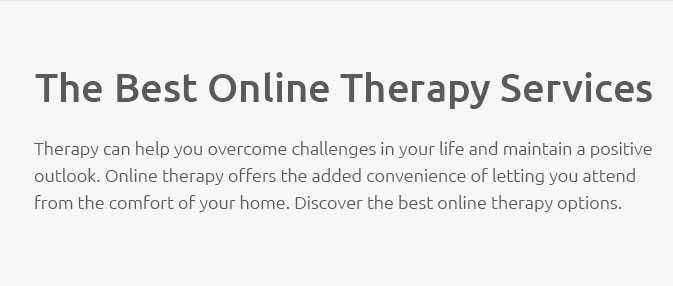 |
 |
|---|
 |
|
|---|---|
 |
 |
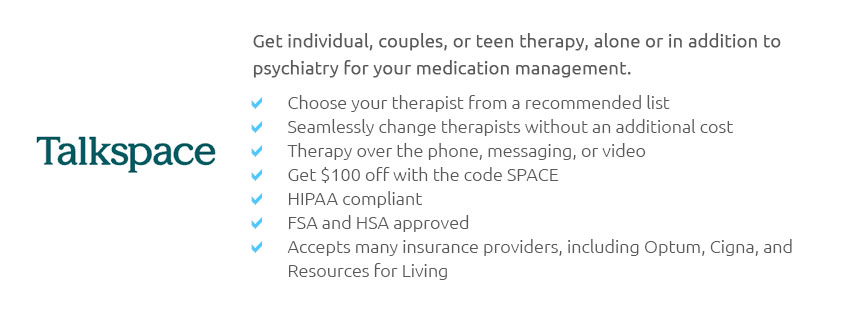 |
 |
 |
 |
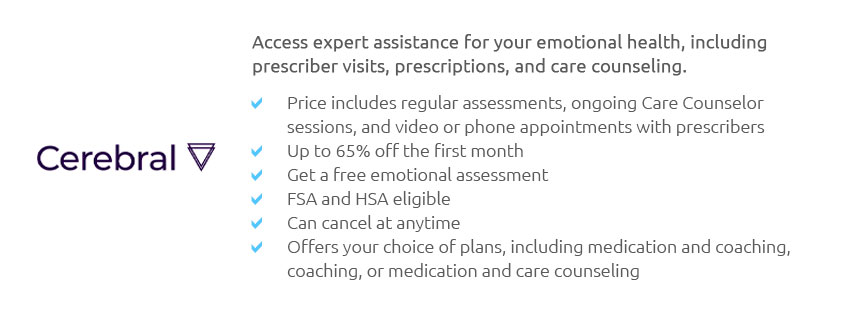 |
 |
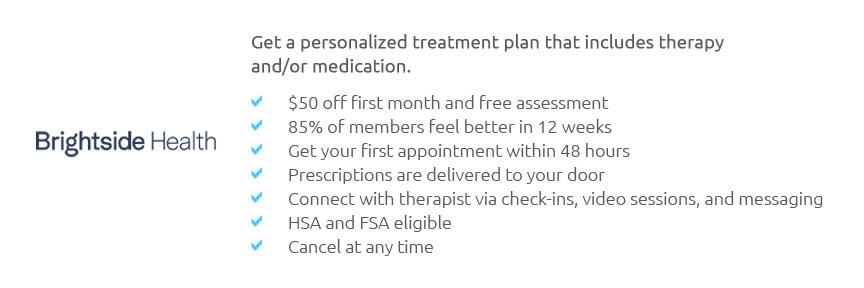 |
 |
 |
 |
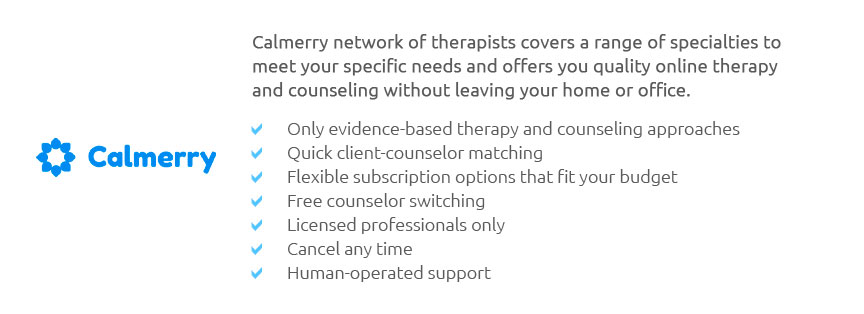 |
 |
 |
 |
|---|
How Can I See a Therapist: Steps and Considerations for Your Mental Health JourneySeeking therapy can be a vital step towards improving your mental health and overall well-being. It's important to understand the process of finding and consulting with a therapist to make informed decisions that best suit your needs. Understanding the Need for TherapyTherapy can be beneficial for various reasons, including managing stress, dealing with trauma, or improving relationships. Recognizing the signs that you might benefit from professional help is the first step. Signs You Might Need Therapy
If you identify with any of these signs, it might be time to consider reaching out to a therapist. Finding the Right TherapistFinding a therapist who meets your specific needs can greatly enhance the effectiveness of therapy. Here are some key considerations: Research and RecommendationsStart by researching available therapists in Iowa or your local area. Seek recommendations from friends, family, or medical professionals to find reputable options. Evaluating Credentials and Experience
Ensuring your therapist is qualified and experienced can provide peace of mind and assurance in their capabilities. Preparing for Your First SessionOnce you've chosen a therapist, it's time to prepare for your initial session, which sets the foundation for your therapeutic relationship. Setting Goals and Expectations
Having clear goals can help guide the therapy process effectively. FAQHow do I know if therapy is working?Therapy effectiveness can be gauged by improved mood, better coping strategies, and achieving personal goals. Regularly discuss your progress with your therapist to ensure alignment with your goals. What should I do if I feel uncomfortable with my therapist?It's crucial to feel comfortable with your therapist. If you're uncomfortable, consider discussing your feelings openly with them. If the discomfort persists, it might be beneficial to explore other options, like a therapist in Port Charlotte, FL, to find a better fit. Can therapy help with minor issues?Yes, therapy can be beneficial for both major and minor issues. It can provide support and strategies for managing stress, improving communication, and enhancing overall life satisfaction. https://www.youtube.com/watch?v=5R_CJNwWyRo
Seeking therapy can be a great step toward taking care of your mental health, but taking the steps to find a therapist and start can be ... https://www.apa.org/topics/psychotherapy/psychologist-therapy
This brief question-and-answer guide provides some basic information to help individuals take advantage of outpatient (non-hospital) therapy. https://www.healthline.com/health/mental-health/psychologist-help
A psychologist can help you manage stress and anxiety by finding the source or cause of your problems, as well as appropriate ways to overcome them.
|
|---|